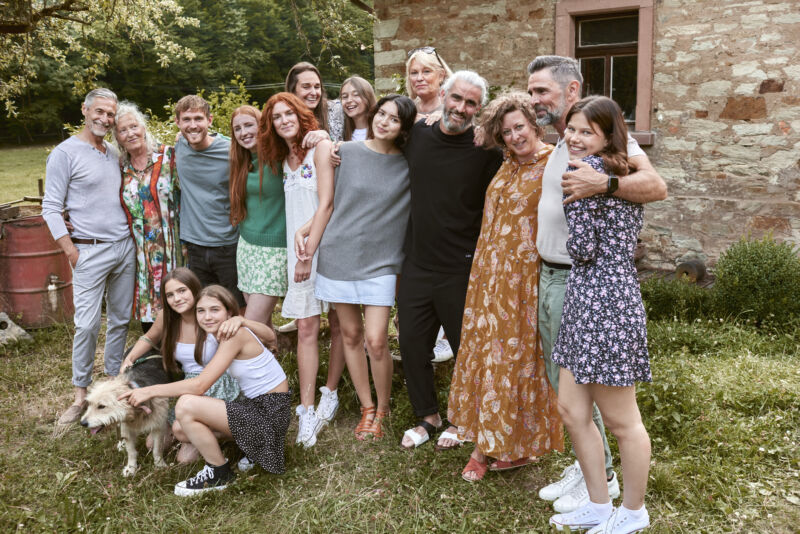Gene variants that promote having more sex and kids diminish your life span

Enlarge / A large family can come with some unfortunate downsides (in addition to that weird cousin). (credit: Oliver Rossi)
Analysis of genomic and behavioral data from the vast UK Biobank finally demonstrates that genes that promote reproductive behaviors come with the ultimate price.
Aging stinks. You get marks on your skin, you're slower, you forget stuff, and everything hurts. Your joints crack and pop. Evolution has achieved so many remarkable things; how is it possible that we still have to put up with growing old?
The antagonistic pleiotropy hypothesis states that your body falls apart when you're old to pay the cost of being reproductively fit when you're young. If the same gene has different effects (called pleiotropy) at different times of life-if it enhances your chances of reproduction when you're young but is deleterious somehow once you get older-that gene will still undergo positive selection and remain in the population because reproduction is that important.